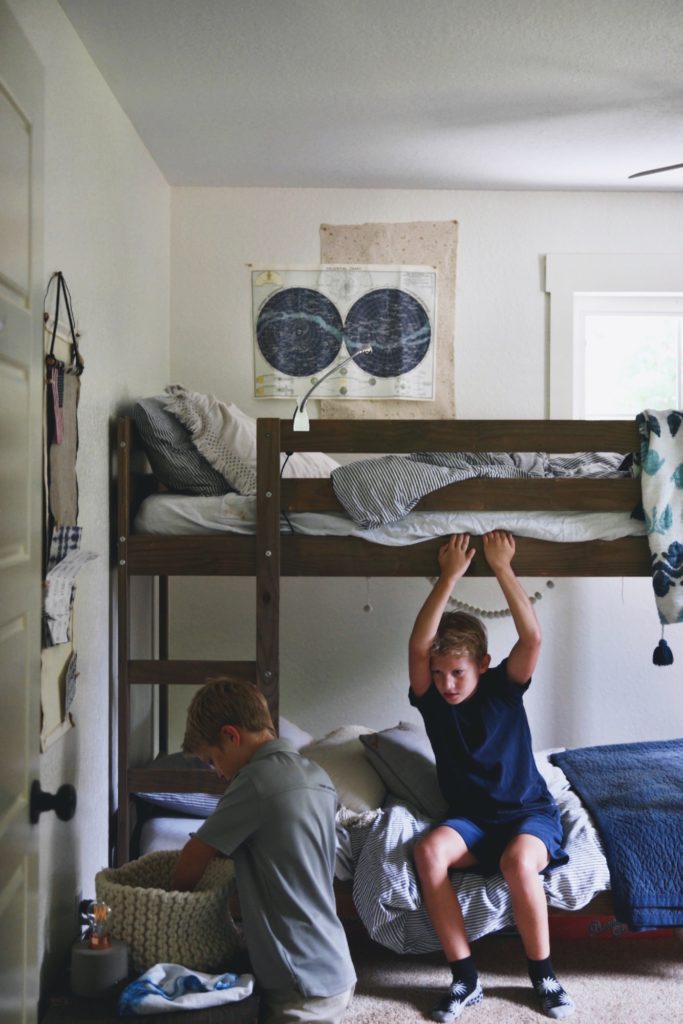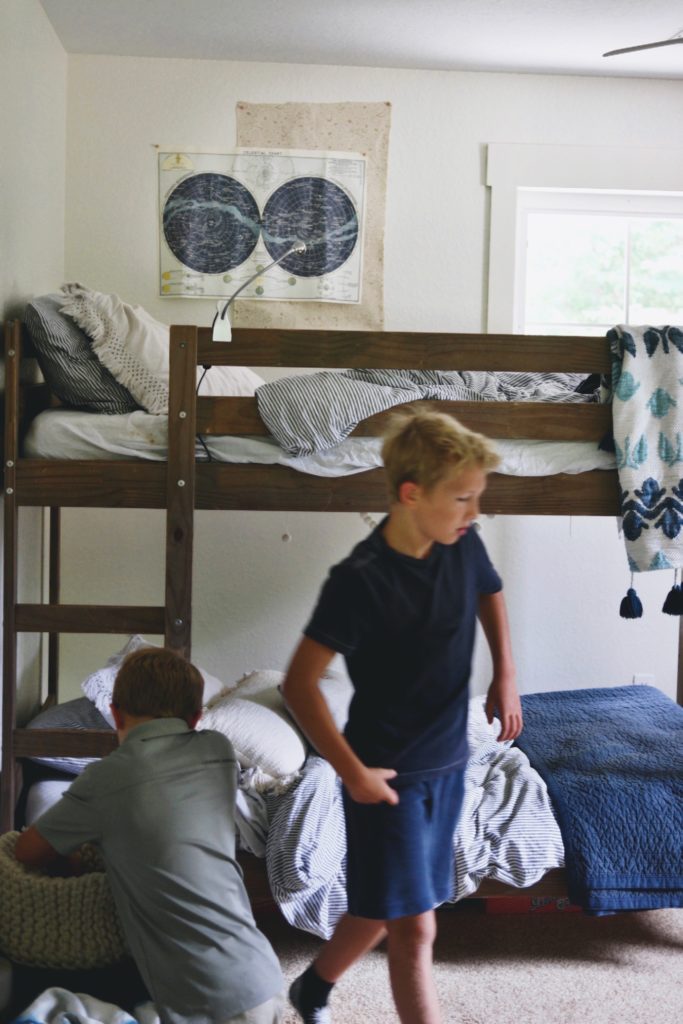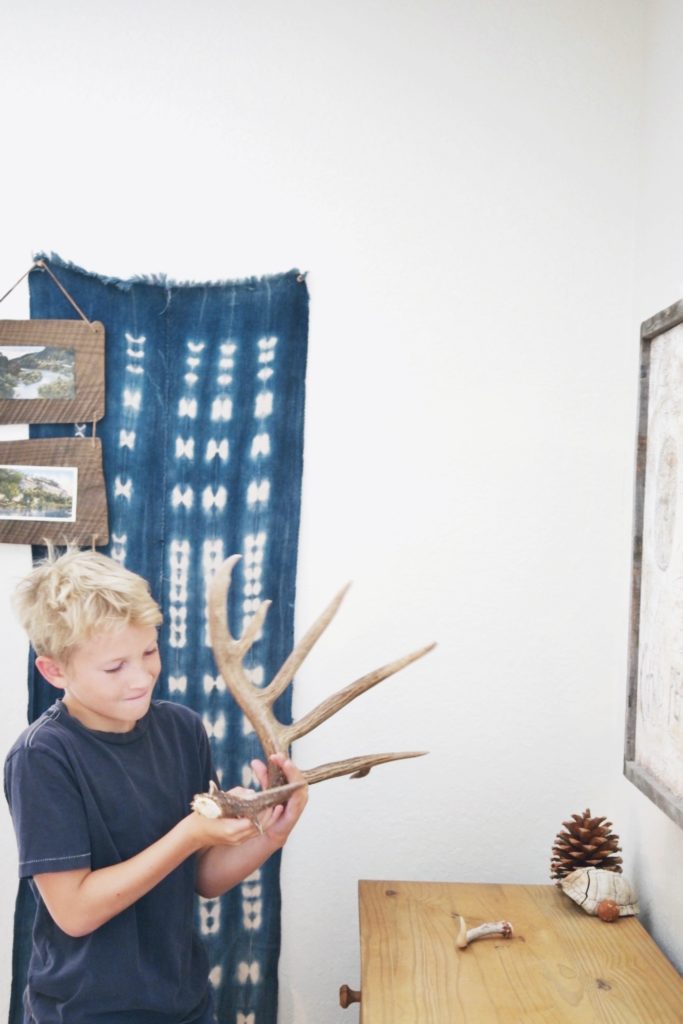




As much as we were anticipating going back to school and activities this year with being on break for so long, I still knew to expect hard times to come. With all newness and transition come some hiccups.
When my kids were really young I was just beginning to learn about their moods and figuring out their temperaments. Now that they’re getting older I find myself questioning what triggers these moods and temperaments and learning ways to improve and cope with them.
Just like us adults, kids are influenced and affected by what’s happening around them and within them. I think it’s beneficial as a parent to be mindful of this and educate our kids about what’s going on too! Acknowledging it helps to find ways to address it.
I first started discovering this when my two oldest hit that 9-11 year milestone and really began changing. I had learned of this developmental milestone in college, but when it became a part of our life I was forced to rediscover the information. Kids go through so many transitions in their brains and bodies around this age and it’s interesting to try and understand it. As they are becoming more independent and capable, even pushing you away a bit it seems that they are maturing and becoming more competent. Although this is part true, there is another part that remains needy and vulnerable.
It’s been a hot topic among our friends and peers lately too… seems everyone can relate about feeling like their going through the toddler phase again. You know, when your grown looking child has a complete meltdown crying or raging without end… You look at them in astonishment thinking they are way to big and know better, but when you suggest that, it doesn’t seem to make any difference at that moment. It’s annoying when they’re toddlers, but it’s even more irritating when they are 10!
What I’ve come to discover is that even though they look big and act big most of the time, they are still quite small. They are still not able to control themselves or even know what’s causing them to be out of control. That is where our job as the parent still comes into play. As parents we still have the ability to control these out of control moments a little bit.
Most of the time when they happen they could have been helped. Not always of course and typically in hindsight, but that’s the thing about parenting… it’s always a learning experience. Staying humble and open to improvement is in my belief, a key to being a good parent. I find that when I take ownership of the behavior of my child and talk to them about how we can both be better at successful behavior it makes a big difference.
Almost 100% of the time the factors that contribute to a child’s behavior are sleeping, eating, or attention. If they are not cared for in these areas then expect trouble. When my big kid acts like a toddler I remind myself that they are like a toddler. They either need to rest, be fed, or be held. When I stop trying to hypothesize the problem and just address one of these needs the problem goes away in minutes. When I fight the issue and expect them to regain composure themselves it simply doesn’t usually work and if it does, it creates a bigger problem waiting later.
Children and adults need to be regulated in order to be healthy functioning. It’s times of transition like going back to school or starting new activities that feel really good at first and are in fact good. However, they need to be minded because the business can quickly start to spiral backwards.
I’ve gotten a smidge better through the years at identifying when this begins in my family and breaking it down to it’s bones. When the kids or even Jared and I get irritable, cranky, and just down right moody, I start troubleshooting instead of getting mad. I know it’s not how any of us like to be and instead of making the problem worse by bickering about it, I try to give it the attention it needs.
It’s saves me a lot of drama when I address the issues that come up this way. I ask myself what is causing the root of the mood swing? Is it tiredness, hunger, or a need for undivided attention. Once I pin that down, I can usually calm the chaos. Btw, it works on yourself too; )
I also thought I’d share some practical examples that we’ve faced in the past…
Being on the go too much, not being organized with or preparing good meals, going to bed late, not prioritizing time together, not enjoying each others company enough- talking or playing, lack of touch and love… the list could go on! A big one I think we run into during the school year is over stimulation which most people don’t account for… It’s a real thing for most people kids and adults alike. Here are some practical examples of how to regulate when overstimulated
- Spend an allotted time each day having free time i.e. -watching a show, reading, playing outside, working on an interest project, doing a hobby, going to a quiet place… It should be something that doesn’t require any demand or outcome, just some inner peace. Also allow others to have this time in order to regulate themselves too! When I give my kids and husband space to do this each day it sets us up for better engagement.
- Spend time on self care in your daily schedule i.e. -stretching or exercising, going for a walk outside, having a hot tea, taking a bath, preparing a healthy meal…
- Snuggle with someone, call a close friend or family member and let them know you need them ( they will be happy you called ), pray and meditate.
I hope these ideas are helpful to you and refresh you with ways to work through these common occurrences. Does any of this relate to you? Have you found perspective or ideas that help? Please share!
Living For The Most,
Kasey xx
comments +